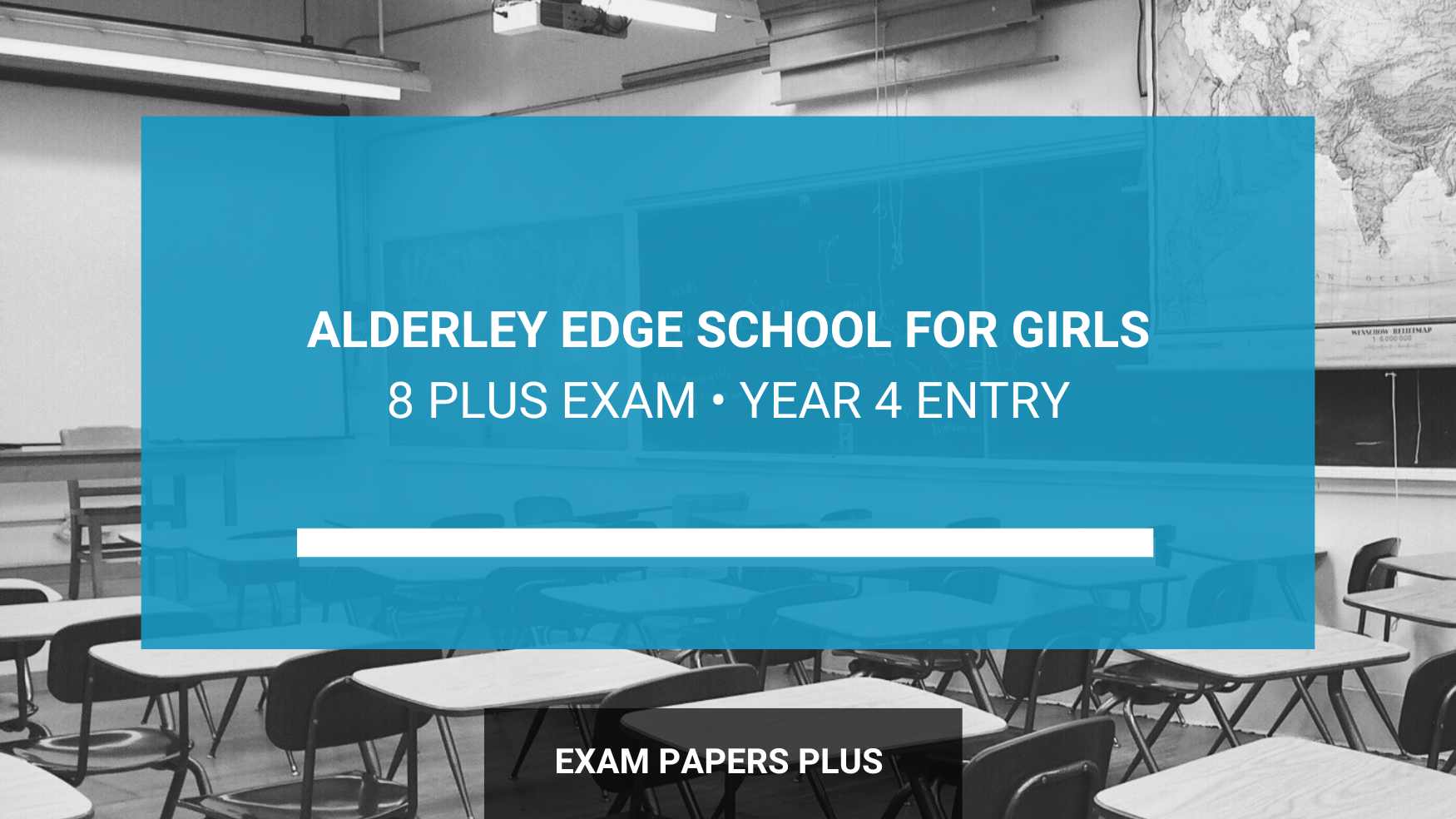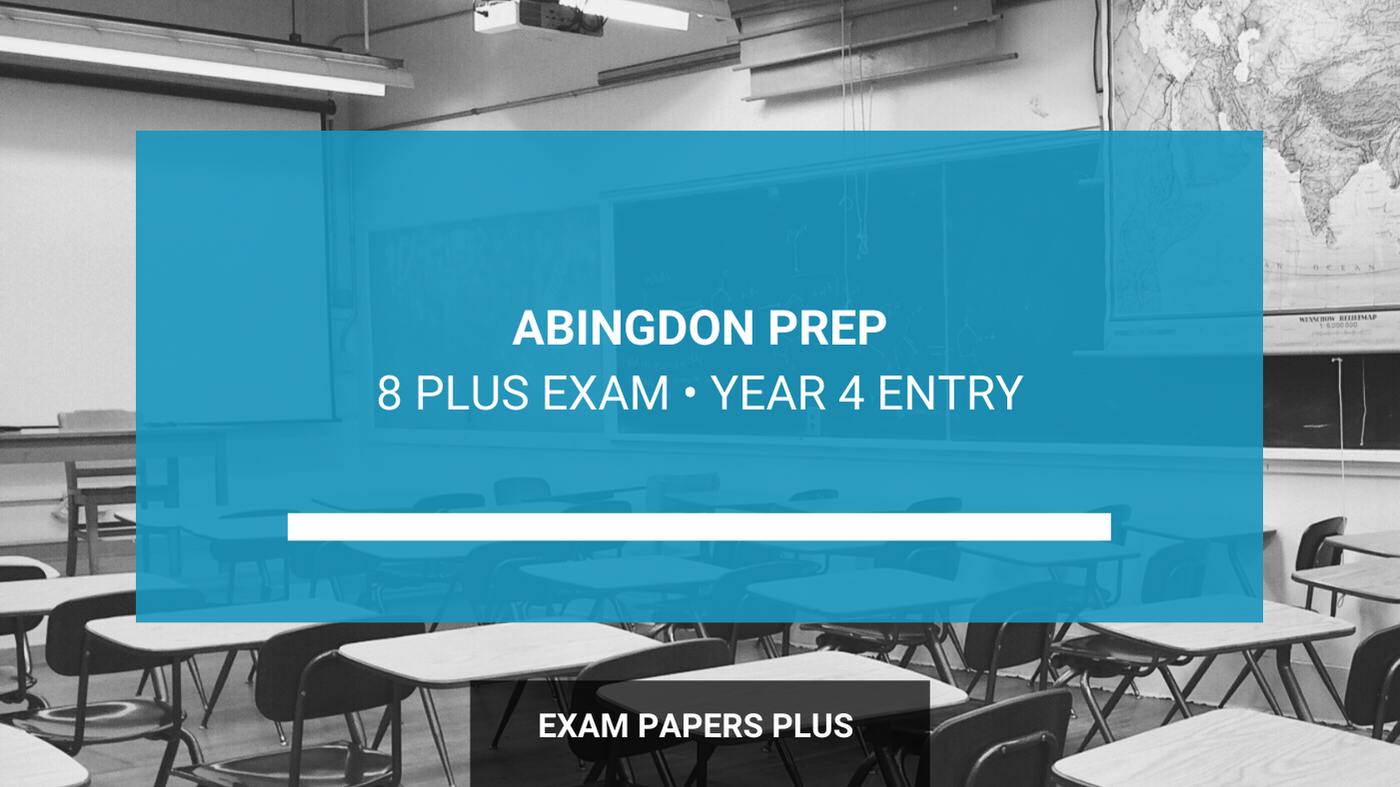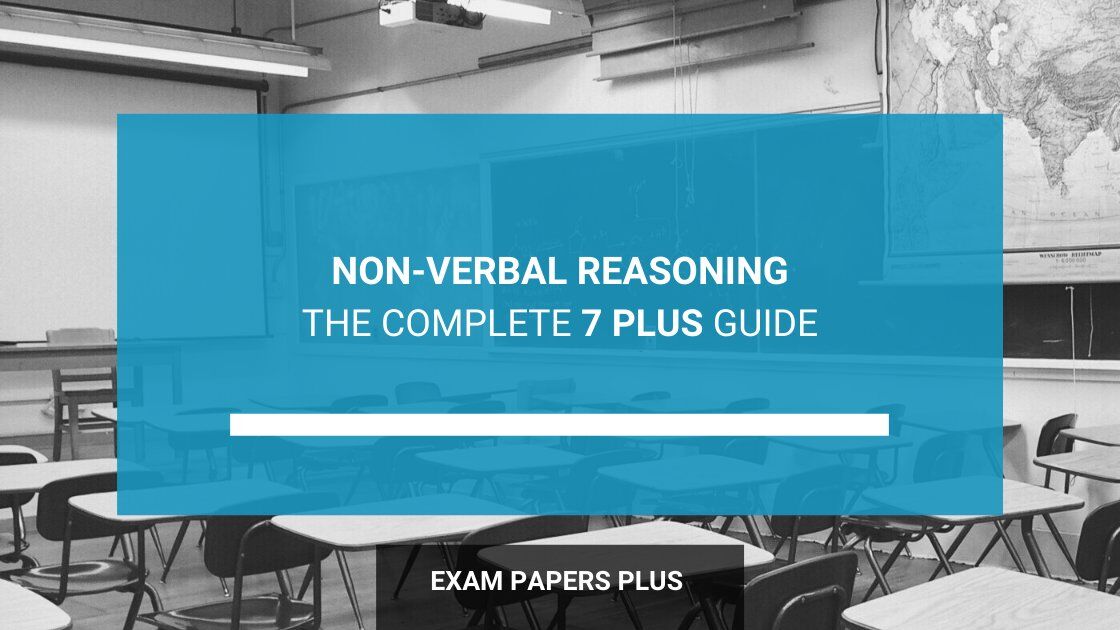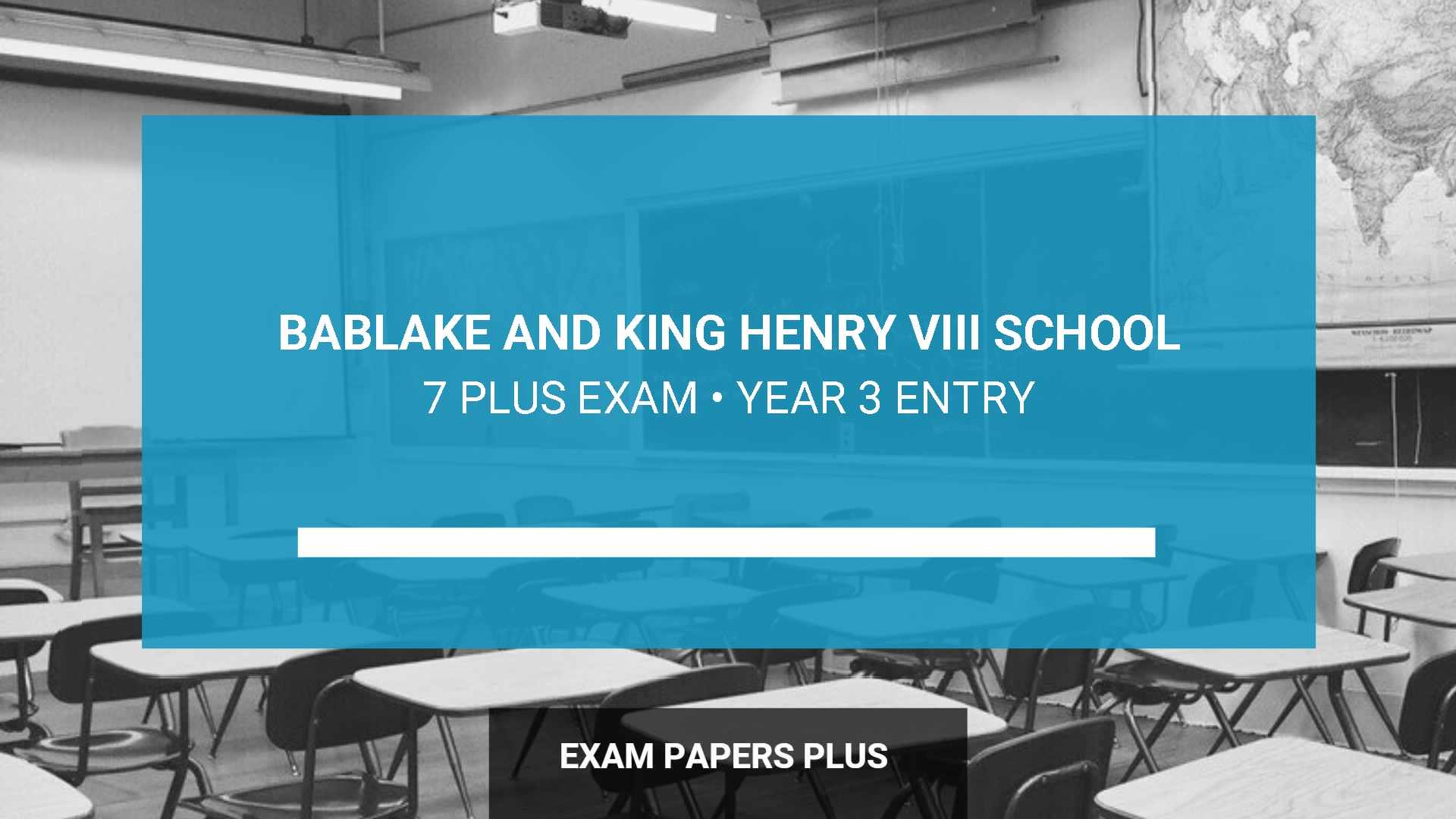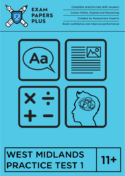
Table of Contents
Introduction
We are delighted to compile our annual round-up of what came up in last year’s exams at schools assessing for entry at 7+ and 8+. This information is based on feedback we received from multiple sources. If you provided information about the exams your child sat, thank you! If you would like to provide feedback about exams your child took, we would be most appreciative of your contribution – please contact us here.
Click on the links below to read our round up articles from previous years.
- What came up in the 7+ and 8+ exams (2015 entry)
- What came up in the 8+ exam (2016 entry)
- What came up in the 7+ exam (2016 entry)
- What came up in the 7+ and 8+ exams (2017 entry)
- What came up in the 7+ and 8+ exams (2018 entry)
If your child is aiming for 7+ or 8+ entry at a competitive school, this article will prove useful.
What happened in last year’s 7+ exam (for September 2019 entry)
At one boys’ school in South West London, the exam order was as follows: reasoning, English, break, and then maths and listening. The reasoning paper concentrated on verbal reasoning this year and was quite time-pressured; candidates had to move quickly but surely.
The English comprehension paper was in two parts. The first part was a 10-minute, 4 question, picture-based exercise and the second part (20 minutes, 9 questions) was based on the poem, Fidgety Philip. Once completed, the candidates moved on to the composition section and the comprehension booklet was taken in. The creative writing task was a picture prompt of a very untidy room. No title was provided. In this instance, we believe that if your child can think up their own, appropriate title, this would be advantageous!
The maths paper was relatively straightforward and doable for those children who had prepared well, although as always, the problem-solving section was challenging in terms of how the questions were phrased. We would therefore recommend that you expose your child to numerous sources of word-problem questions, so they get used to different framings and phrasings. An understanding of maths language and terminology is essential. In the mental arithmetic session, the children were not allowed to write notes. An example question was: ‘What is double 40, minus 17?’
At another school ‘south of the river’, the composition exercise asked candidates to choose from a selection of given components to build a story. These included a character (inventor, elf, writer, old man); an object (feather, pen, colouring pencil, watch); and setting (hole in a tree, cave, riverbank, museum). All candidates were asked to write a minimum of one full page. This school allows 45 minutes, including planning, for their writing section. There was a spelling section in which the teacher read out words and the boys had to listen and write them down. Words included: friend, receive, pretty, come, scream, extravaganza and physician. The comprehension section was an 11-question, multiple-choice paper, based on a trip to a sea-life centre.
In terms of maths, there was a robust mental maths section. Questions included: what is 8+ 5?; what is 25-17?; what can be added to 16 to make 20?; how many right angles are there in a pentagon?; and what is the value of 5 in four hundred and fifty two? The written paper included sequences, fractions, time, money and measurement, as well as lots of word problems, such as this tricky one:
‘A bus arrives at a bus stop. 19 people get off and 14 people get on. If there are now 52 people on the bus, how many people were on the bus when it arrived at the stop?’
At the end of the paper there was a ‘bonus question’. Labelled as such, it can be off-putting for some children as they are not sure if they should do it or not – but they absolutely should! The bonus question this year was worth 6 marks and was about Christmas trees; it required an application of multiple maths operations.
Feedback suggests that both VR and NVR were incorporated. We were told that much of the NVR was relatively standard and that the VR section included things like matching multiple-choice groups to a word, synonyms, antonyms, relationships and odd one out. An example question included, ‘if fish is to water, plant is to…’ [Answer: soil]. There was a further VR task that proved challenging for many. It included working out a series of picture clues of animals and body parts, to ascertain the odd one out. There was also a cloze-type passage in the grammar section, in which candidates had to choose the correct word to fill the gap. It was about ‘Joe’s birthday’.
One school in North London incorporated a Pixar video about birds as part of its comprehension and candidates were then asked to discuss it in small groups. No essay was required at this school. At a different north London Catholic prep school, candidates were only tested in English and maths (no reasoning). The maths was relatively easy with no hidden surprises and the English writing task was to write about your family. We recommend ‘family’ as a good subject to cover and revise, to make sure your child is able to write and verbally discuss their family in a confident and gracious way. It can come up at the interview stage too, so you’re covering multiple bases when preparing for this topic.
Another school used a thought-provoking passage from Roald Dahl’s Danny, The Champion of the World, for its 10-question comprehension, which included a combination of open answer and multiple-choice questions. The creative writing exercise was to write a descriptive paragraph based on a picture of a rainy city-scape. Candidates were also asked to label parts of the picture as part of their planning process.
The maths exam included the usual topics tested at 7+. One standard question included what is a third of 96 – but a bit like the school with its ‘bonus question’ (mentioned above), this school also had a set of three challenge questions at the end of its maths paper. Even if these questions look hard (and they will, that’s the idea), you should always encourage your child to have a go and not be put off trying. Schools will rarely expect children to get these right – but they will look favourably upon those candidates who attempt them. This school tends to leave its mental maths until the interview stage.
Finally, this school’s verbal reasoning paper incorporated lots of word ladders (supposedly invented by author Lewis Carol in 1877). These are questions in which you have to change one letter to make a new word – for example, changing Fly to Cry in two steps: FLY to FRY (L changes to R) to CRY (F changes to C). It would be a good idea to practise these as they are fun, help with verbal dexterity…and may come up this year too!
What happened in last year’s 8+ exam (for September 2019 entry)
The 8+ intake seems to be getting smaller, as more schools opt to increase their 7+ intake in order to get the desired candidates in their schools at a younger age. Therefore, statistically, it is getting challenging at 8+.
For many of the schools which have both a 7+ and an 8+ intake, the 8+ exams seem to have mirrored the 7+ exams in structure. So for example, the school described above which had a two part comprehension section for its 7+ exam, also used this format for its 8+ exam. It included both a diagram and a poem about a shark. The creative writing task was a picture prompt, showing two boys going diving (which leads us to think a deliberate link was made between the comprehension and composition papers, in order to spark creativity in the candidates). It also retained its 7+ format in terms of maths, reasoning and listening too, although the content was more challenging for 8+.
The 8+ creative writing task at another school was a continuation piece. Candidates were asked to continue writing about a nervous man who lived in a village. Continuation pieces can take a couple of forms: for example, your child might be given a sentence or two and asked to continue from that, or they may be asked to continue on from the comprehension passage, so it is good to practise both of these forms.
Another school based their 8+ comprehension on a passage from Kaspar: King of Catsby Michael Morpurgo. It included both open answer and multiple-choice questions. Their maths paper included puzzles along the lines of the following: ‘I’m a three-digit number. I am odd. I am divisible by 7 and another number, with no remainders etc – what number am I?’ In general, the maths paper content seemed to follow the 8+ syllabus, and began with 6 or so pages of general basic arithmetic. The paper did not cover fractions this year but it may do in the future.
Their 8+ verbal reasoning paper was 25 minutes long and included word ladders, as with their 7+ paper.
General guidance on how to tackle the 7+ and 8+ exams
In terms of preparation and timing, we recommend that you concentrate on instilling knowledge and content in the first six to eight months of the year, so that by the summer holidays – and certainly by the start of the Autumn term – you child will have learnt much of what they need to know, or at least have been exposed to it.
We realise that children learn at different rates and that learning is not linear, so you may still be revising and consolidating this learning right up until the exams – this is normal – but we would also recommend that you introduce timed practice and begin honing exam technique by September. Whilst you will have been dabbling in timed tasks and building stamina throughout the year, now is the time to be strategic in your preparation. Make a concerted effort to do full practice papers under exam conditions and/or enrolling in mock exams.
Experience tells us that English skills take longer to build. The best thing you can therefore do is read with your child (as early as possible) so that they build an interest in words and reading. This will pay off in terms of their range of vocabulary, level of comprehension and ability to write as they get older. You should build regular writing practice into their learning, so that it becomes second nature. We find that creative writing (for the majority) is one of the hardest things to master, so it makes sense to allow as much preparation time for this as possible.
English responses are used to predict the promise of prospective pupils. It is a subjective topic and, as such, is perfect for gauging a child’s potential and providing valuable insights into how they order their thinking. The quality of the comprehension and composition work of prospective 7+ and 8+ candidates that we work with also seems to be improving.
Here are some top 7+ and 8+ English writing tips:
- For compositions with a tight time frame, concentrate on quality over quantity.
- Use exciting vocabulary (adjectives, adverbs, powerful and unusual verbs) – this may mean practising creative writing with a checklist beside you in the beginning, so that key elements of composition are being routinely covered.
- Practise writing regularly. Our 7+ Writing Prompts and 8+ Writing Prompts should help.
- Get your child to engage their emotions. This can be done by explaining how they as the narrator (first person) or character (third person) feels – this will attain higher marks.
- Correct use of paragraphs, spelling, punctuation and grammar is essential. If the a candidate has written a fantastic story and shown a high level of attention to detail, they will get higher marks than someone who is creative, but slapdash and disorganised. Try our 7+ Vocabulary and Grammar and Punctuation packs, as well as our 8+ Vocabulary and Grammar and Punctuation packs, to help work on this.
- Get your child to quickly plan their writing. Some schools are now asking questions on their exams which pertain specifically to planning rather that content, so make sure that your child is confident in this area.
Our 7+ Writing and Comprehension guides and our 8+ Writing and Comprehension guides cover all the bases in an engaging, step-by-step way and are great not only for students but also parents and tutors.
In terms of 7+ and 8+ maths, we’re sticking to our usual recommendation that you prepare for all topics, as you never know what will come up. Challenge and bonus questions seem to be a recurring feature. A strategy for preparing for what is in effect ‘unpreparable’: gently explain that something they haven’t seen before could come up. If this happens, tell them not to panic but to read and think through the question calmly. Advise them to underline key information in the question to help them organise their thoughts. Then they need to ask themselves if the question bears any resemblance to anything they have done before and see if they can utilise their prior knowledge to make a good attempt. A school is often more interested in seeing how a candidate approaches a question (remember, like English, it provides a valuable insight into how a child thinks!), rather than if they get it right. It is therefore important that your child has a go at a difficult question and does not shy away from it.
There are some tricky and challenging questions in our 7+ Maths Problem Solving and 8+ Maths Problem Solving packs for your child to have a go at. These will help them to stretch their minds and get them looking at things in new and different ways. Our 7+ maths guide covers everything your child needs to know.
And finally, with regards reasoning for 7+ and 8+, NVR seems to have fallen into the pre-defined traditional question types once again. In VR, there seemed to be a continuation of cloze passages, but also some more creative questions that included word ladders and pictures (in which the VR element came into play through children having to use their knowledge of language to categorise and identify relationships between the images). This confirms our belief that vocabulary testing is becoming ever more important…so keep up the reading and make sure your child has a dictionary to hand to look up new and interesting words!
Click here to see our full range of 7+ resources.
Click here to see our full range of 8+ resources.
We hope that you find this post on last year’s exams helpful and welcome any questions! Please feel free to contact us here.
Bookmark this page? Pop your email into the box below to receive a link to this article so you can easily refer back to it later.





